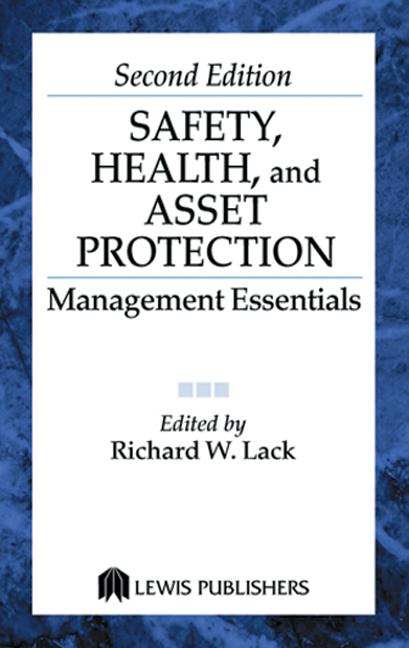 A panel of global experts on health and economics is warning that the tobacco industry is having a devastating impact on productivity, trade, and the global economy. According to the new edition of The Tobacco Atlas, during 2000–2004, the value of cigarettes sold in the United States alone averaged $71 billion per year, while cigarette smoking was responsible for an estimated $193 billion in annual health-related economic losses.
A panel of global experts on health and economics is warning that the tobacco industry is having a devastating impact on productivity, trade, and the global economy. According to the new edition of The Tobacco Atlas, during 2000–2004, the value of cigarettes sold in the United States alone averaged $71 billion per year, while cigarette smoking was responsible for an estimated $193 billion in annual health-related economic losses.
The panel included leaders from the American Cancer Society, World Lung Foundation, and the World Bank, as well as global expert scientists and authors of the new edition of The Tobacco Atlas. The panel is calling for global concerted governmental action to reduce the affordability of cigarettes, implement smokefree policies, increase awareness of the true harms of smoking and remove the tobacco industry’s ability to use slick advertising and packaging.
According to The Tobacco Atlas, tobacco use is the single most preventable cause of death in the world, resulting in nearly 6 million deaths in 2011, with nearly 80 percent of these deaths occurring in low- and middle-income countries. Data within The Atlas confirms that the burden of death, disease, and disability caused by the use of tobacco products outweighs any economic benefit from their manufacture and sale. The tobacco industry is also igniting conflicts in international trade, stunting economic development and fueling poverty among many of the world’s most vulnerable populations.
American Cancer Society and World Lung Foundation also unveiled two new platforms to build knowledge about the tobacco epidemic and the tactics of the tobacco industry. A video entitled “How Much is a Life Worth? The Truth About Tobacco” being launched on Youtube at http://ow.ly/eqNMN and at www.tobaccoatlas.org, highlights that the tobacco industry makes US$6,000 for every person its products kill. It also makes the point that the industry targets children to hook a steady stream of smokers as many smokers die from tobacco related illnesses. In addition, a new mobile phone version of The Tobacco Atlas, was made available to enable those with mobile internet access to view key data by country or by data issue in a faster-loading, text-based format.
“The tobacco industry tries to hide the truth of its activities and the harm of its products behind decades of misinformation and through the misuse of local, national and international law,” said Peter Baldini, Chief Executive Officer, World Lung Foundation. “As The Tobacco Atlas makes clear, those harms and the industry’s spurious legal challenges negatively hurt economies as much as they hurt people.”









